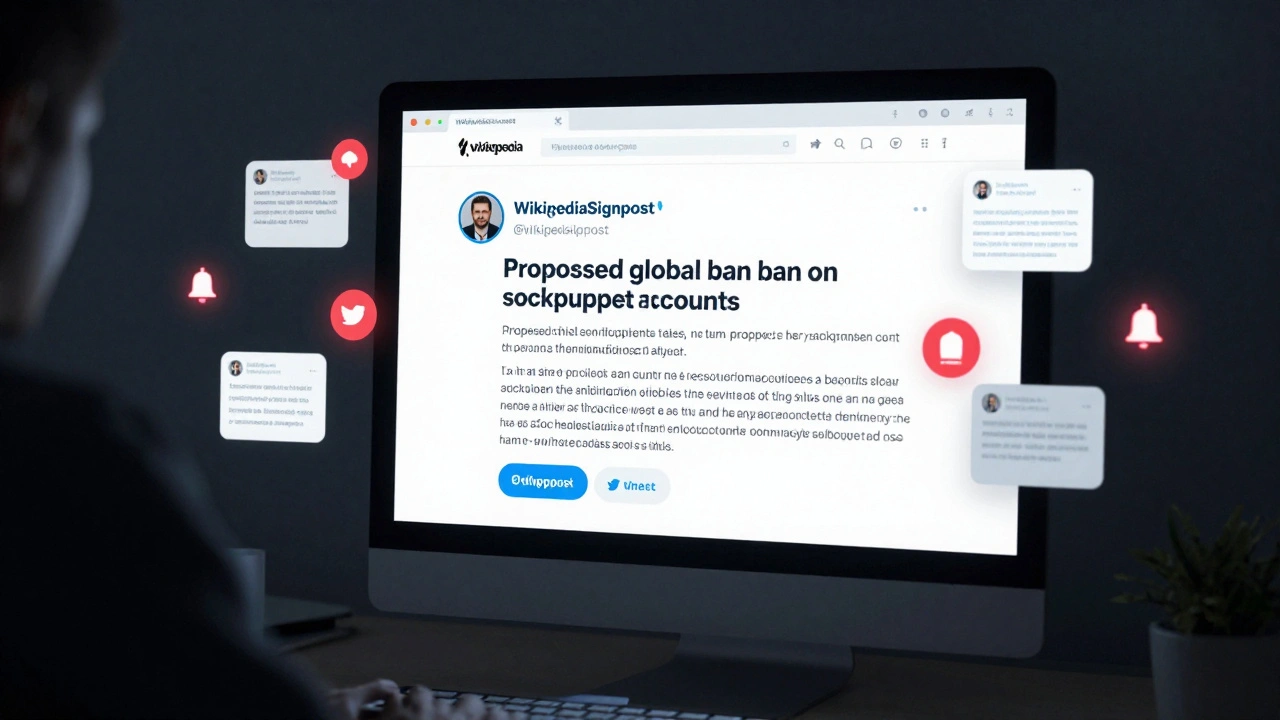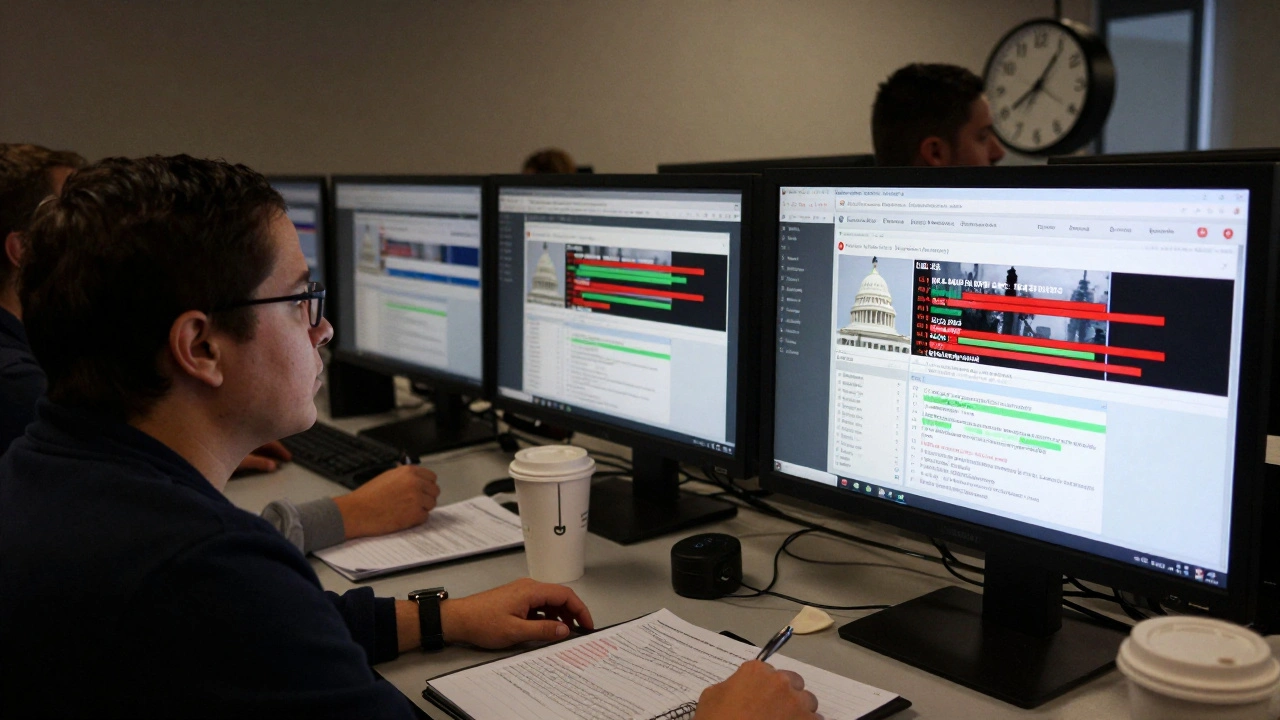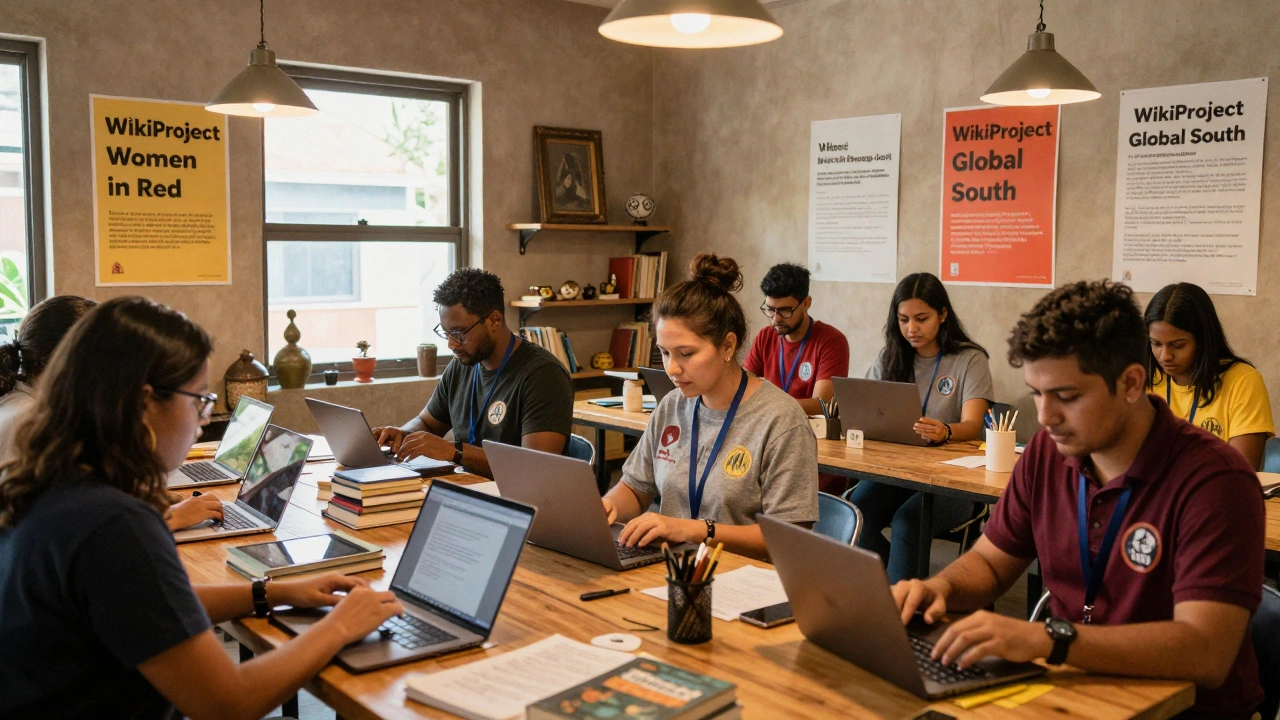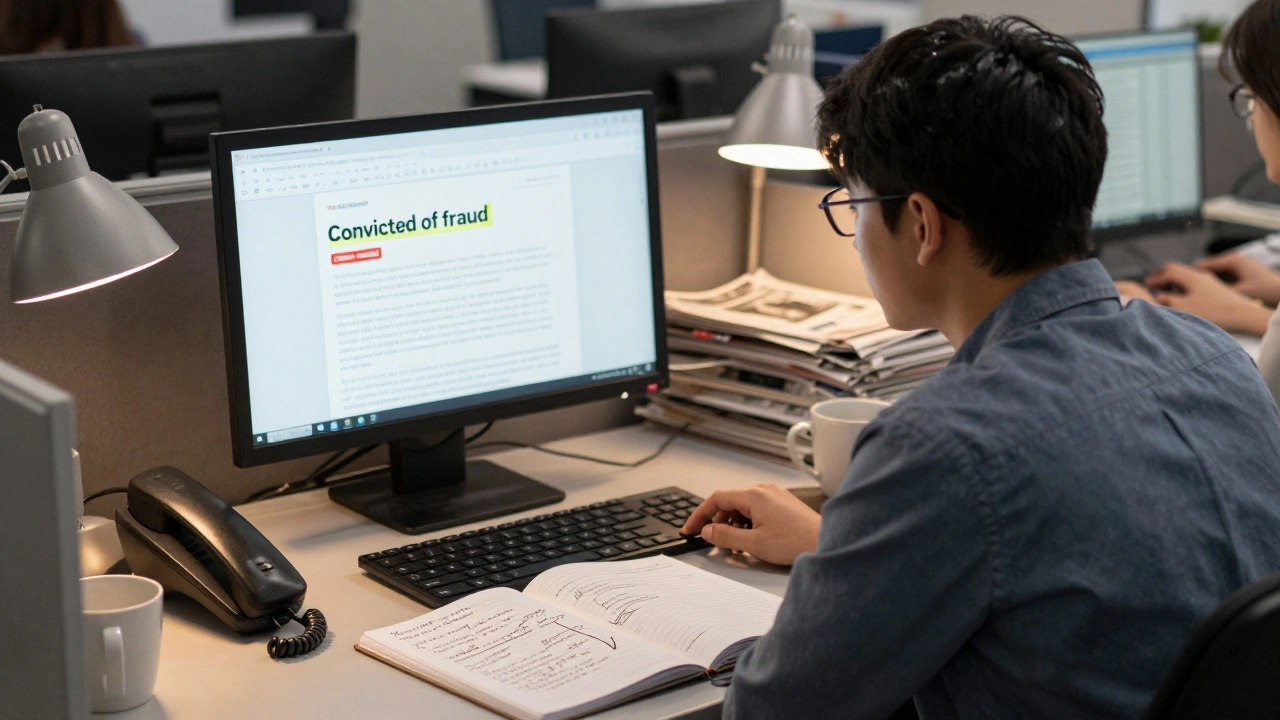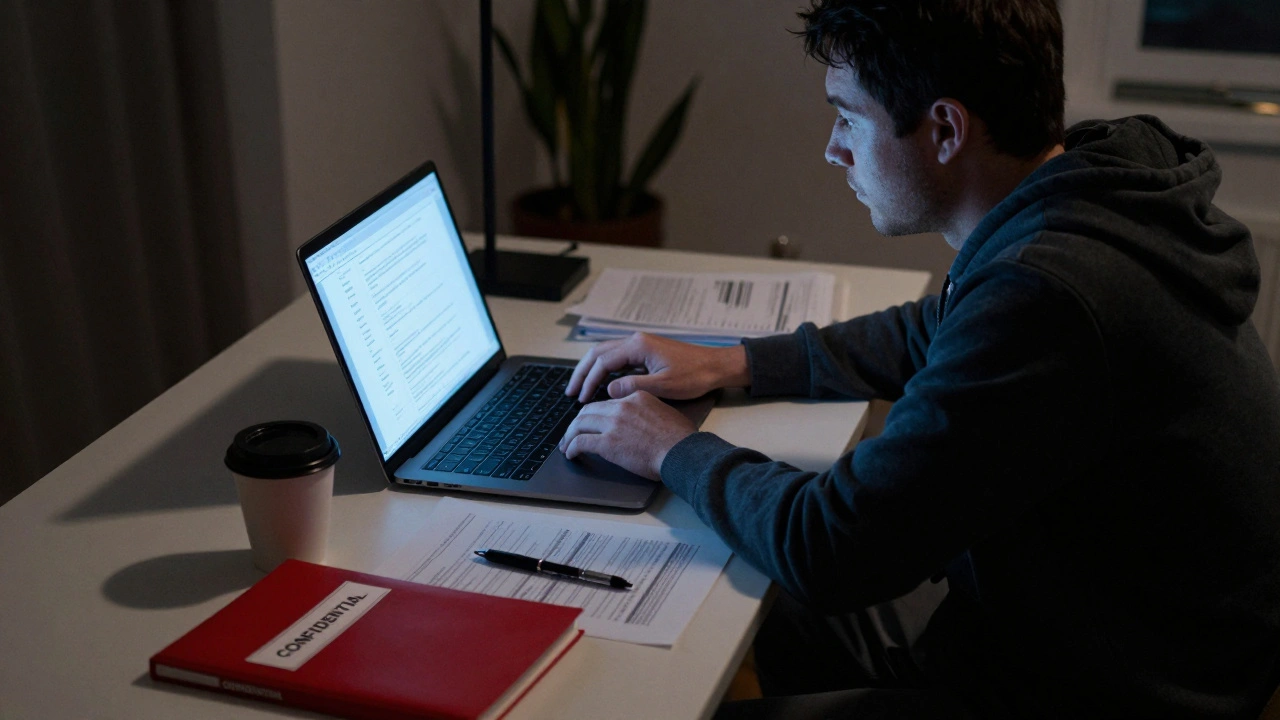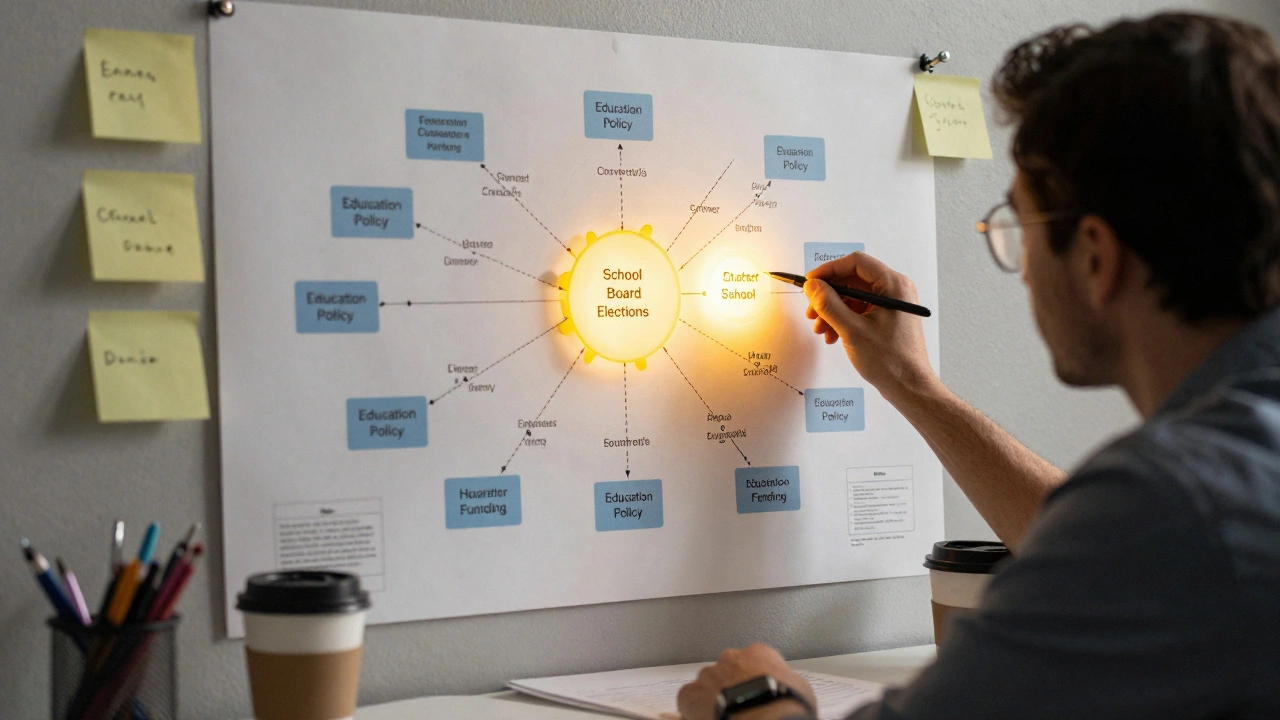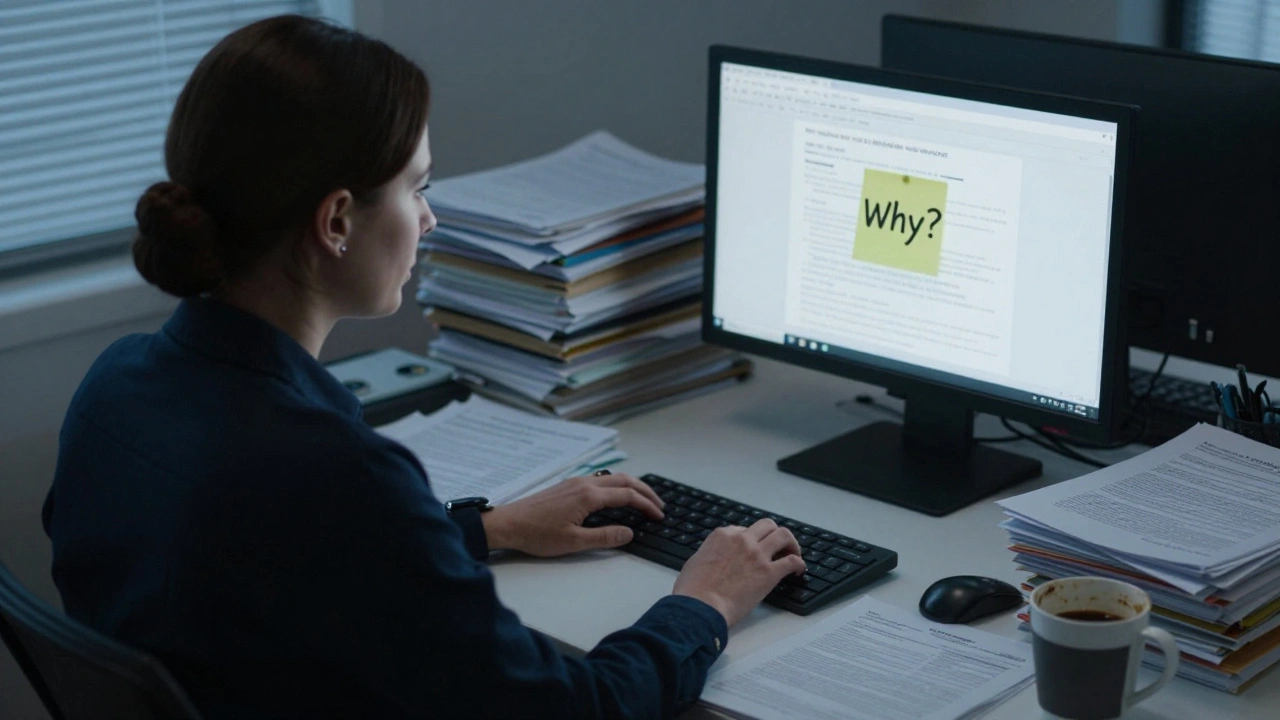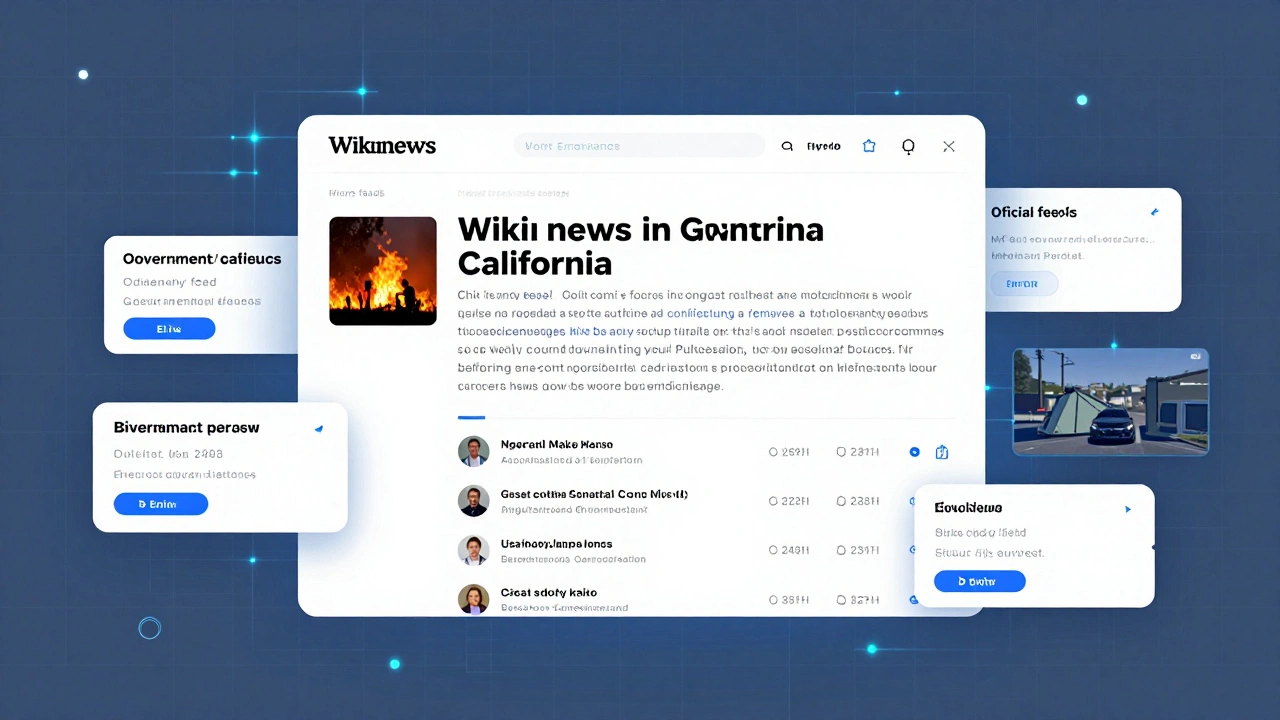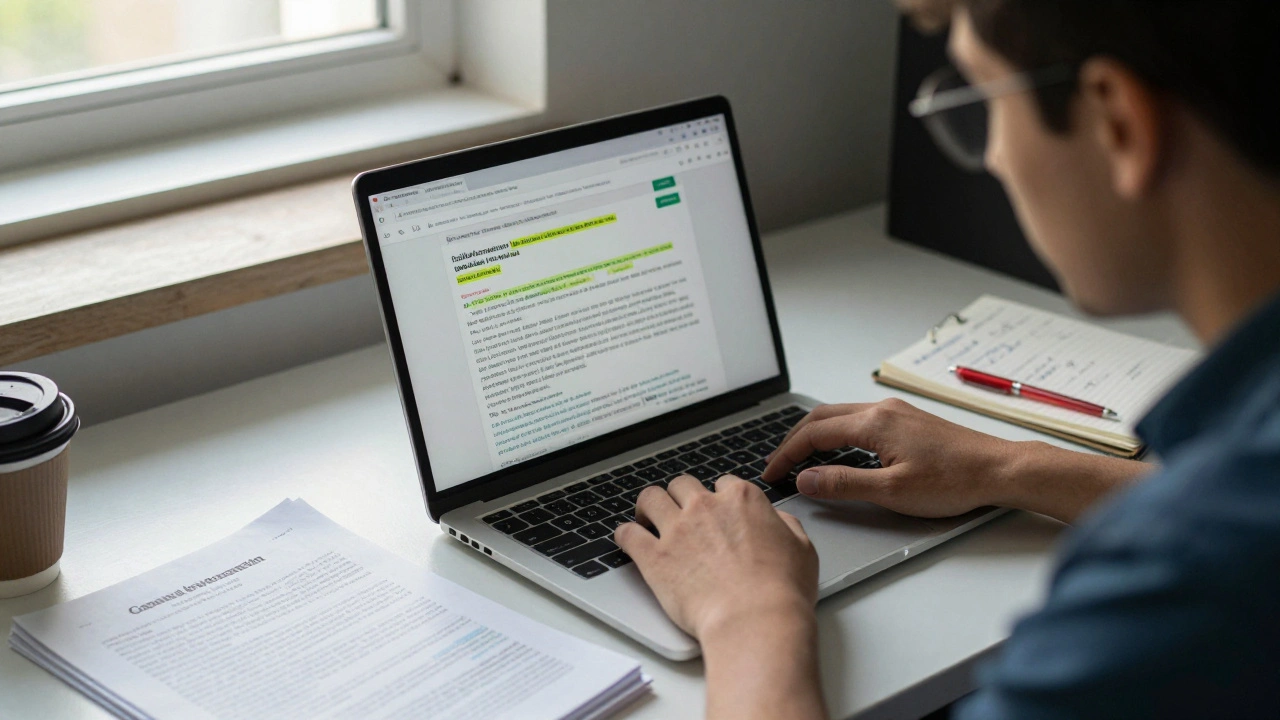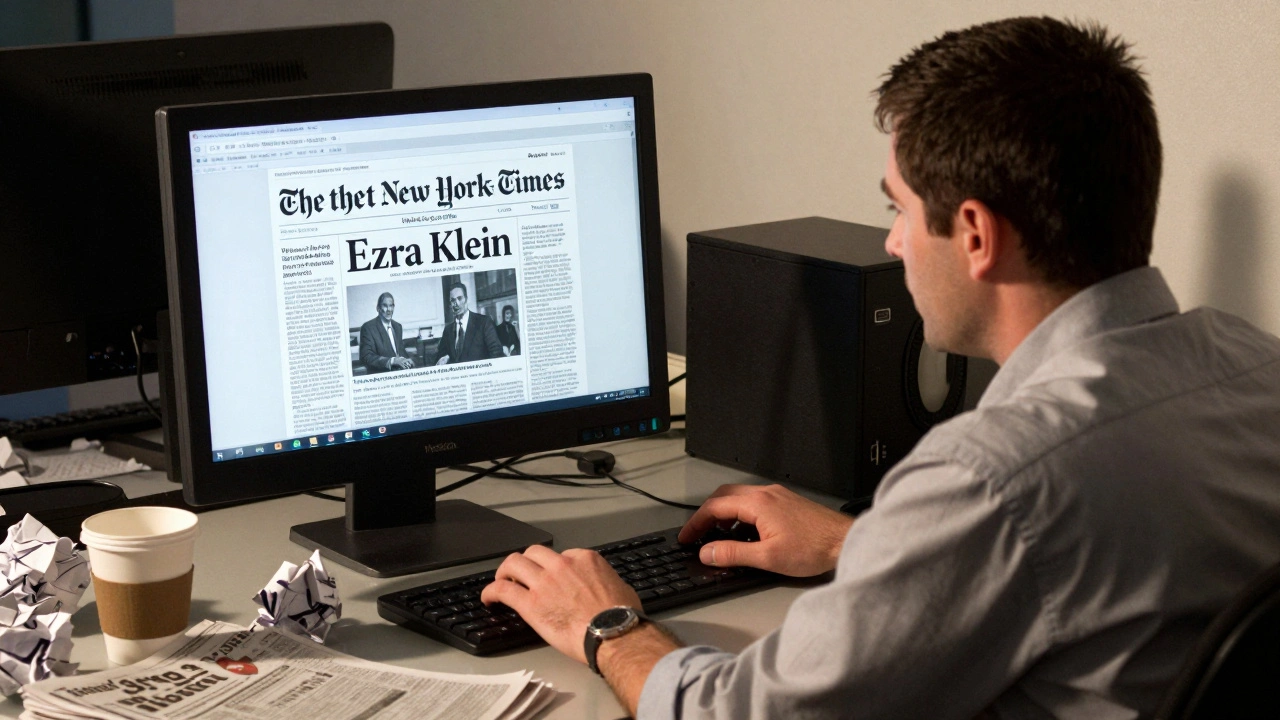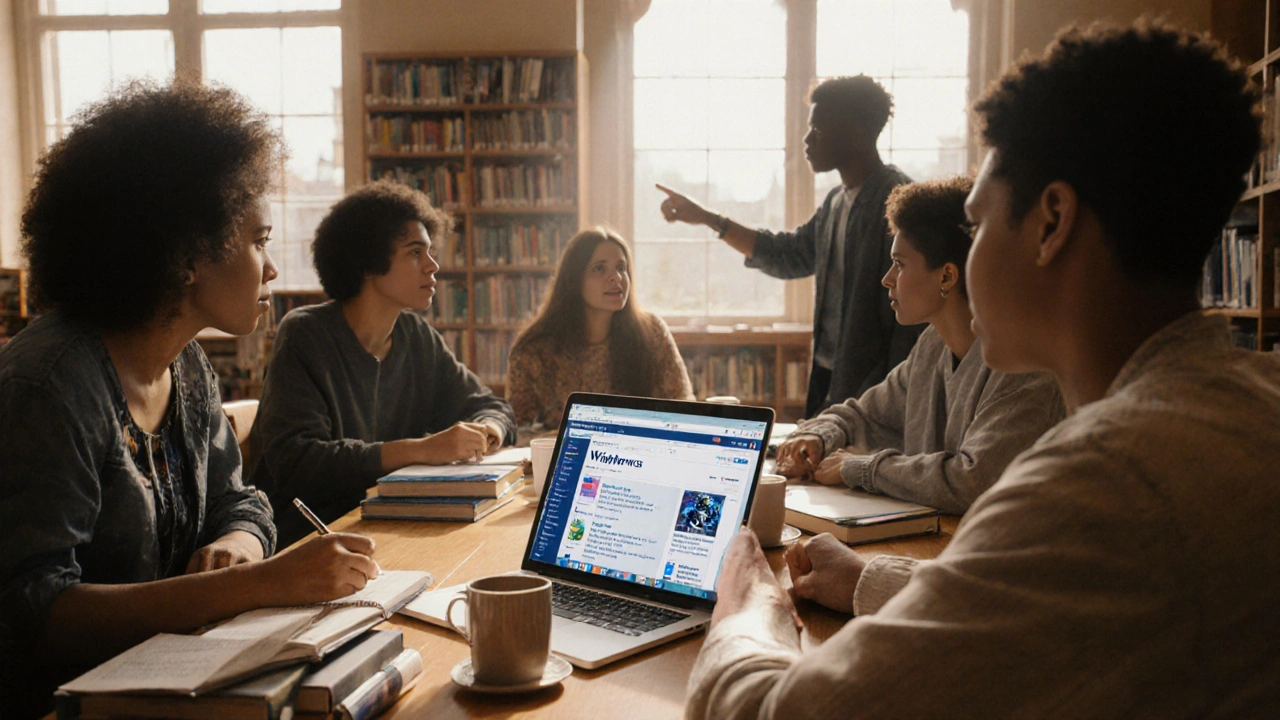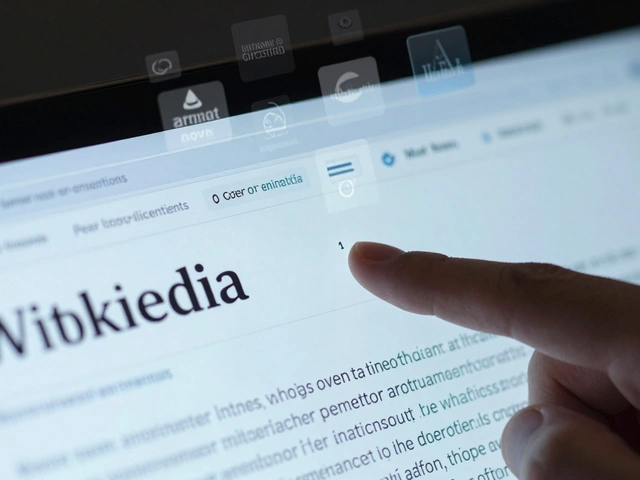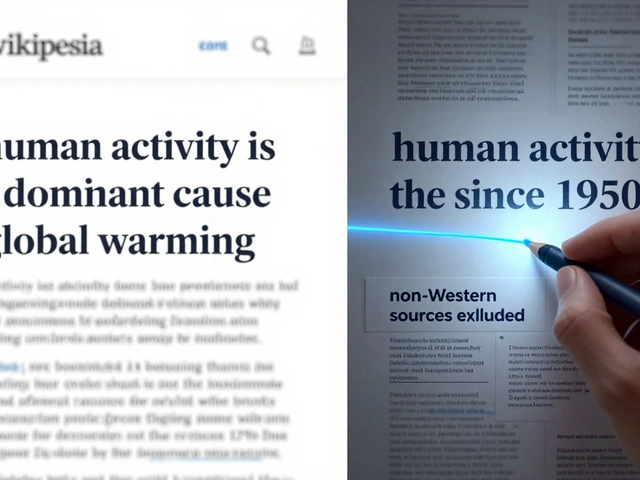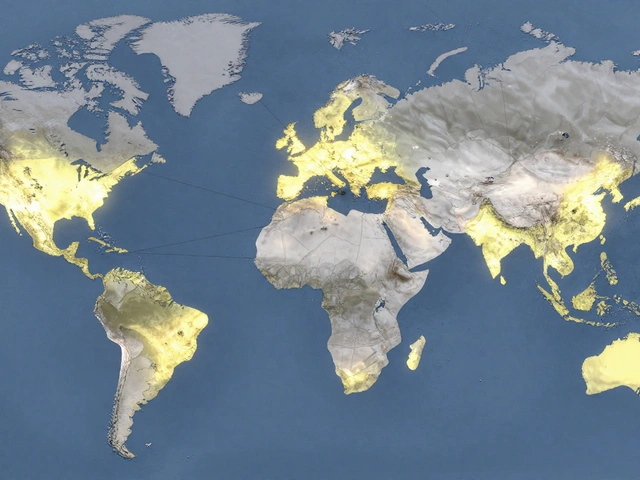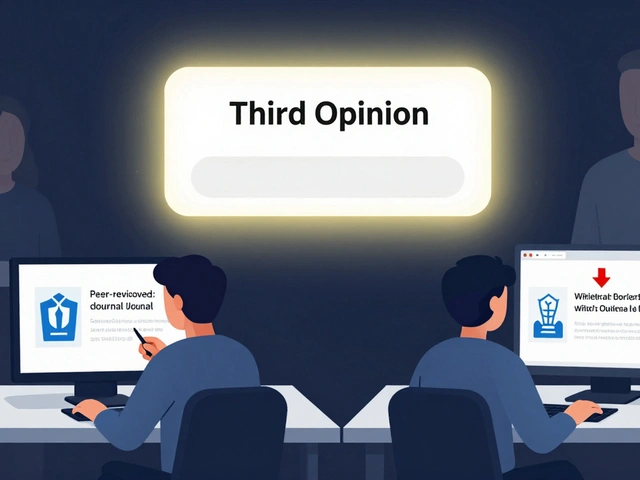Journalism on Wikipedia: How Wikinews and Talk Pages Shape Modern Reporting
When you think of journalism, the practice of gathering, verifying, and presenting news to the public. Also known as reporting, it's traditionally tied to newsrooms, editors, and deadlines. But on Wikipedia, a different kind of journalism is growing—driven by volunteers, not corporate budgets. This isn’t opinion or blogging. It’s Wikinews, a free, open-source news platform where anyone can write and review factual reports. It’s run by the same community that maintains Wikipedia, but with one rule: no speculation, only verified facts. You won’t find headlines shaped by clicks or ads. Instead, stories go through peer review, a public process where other volunteers check sources, tone, and accuracy before publication. It’s like a newsroom where every editor is a volunteer and every story is open for critique.
Journalists outside Wikipedia are starting to notice something: Wikipedia talk pages, the discussion threads behind every article where editors debate what’s true. Also known as edit wars, these pages reveal how controversies form, who’s pushing certain narratives, and where misinformation starts—often weeks before mainstream media picks it up. If you’re trying to understand why a topic is polarizing, reading the talk page is like reading the raw footage before the documentary is edited. It’s not perfect, but it’s real. And for reporters digging into scandals, bias, or misinformation, these pages are a goldmine. They show you who’s editing what, why they’re editing it, and what sources they trust—or ignore.
But this kind of journalism isn’t risk-free. Writing for Wikinews means you could face libel, a legal claim when false statements damage someone’s reputation. Because Wikipedia is global, you might be held accountable under laws from any country where someone reads your article. Privacy laws, jurisdiction conflicts, and source verification aren’t just theory here—they’re daily concerns. That’s why volunteers have built clear guidelines: cite primary sources, avoid anonymous claims, and never publish unverified allegations. This isn’t just about ethics. It’s about staying out of court.
What you’ll find below isn’t a list of how-to guides. It’s a window into how real people are rebuilding journalism from the ground up—with no paywalls, no corporate owners, and no advertising. You’ll see how drafts become stories, how legal traps are avoided, and how the quiet battles on talk pages often predict the news headlines of tomorrow.
Where to Follow The Signpost on Social Media
Find out where to follow The Signpost, Wikipedia's independent newspaper, on social media for real-time updates on edits, policies, and community debates shaping the world's largest encyclopedia.
How Wikipedia News Coverage Shapes Editorial Decisions in Journalism
Wikipedia’s real-time edits influence how journalists verify and prioritize stories. While not a source, it acts as a barometer for public understanding-and shapes editorial decisions in subtle but powerful ways.
Solutions Journalism on Wikipedia: How Knowledge Equity Initiatives Are Changing Global Information
Solutions journalism on Wikipedia is transforming global knowledge by fixing systemic gaps in representation. Volunteers are creating articles about underrepresented women, Global South leaders, and Indigenous knowledge - turning the encyclopedia into a tool for equity.
How to Build a Newsroom Policy for Wikipedia Use and Citation
A clear policy for using Wikipedia in journalism helps prevent misinformation. Learn how to train reporters, verify sources, and avoid citing Wikipedia directly in published stories.
Notable Interviews and Investigations Published by Wikinews Reporters
Wikinews reporters have published groundbreaking interviews and investigations that expose corporate misconduct, election fraud, and suppressed data - all without ads or paywalls. Their work is transparent, verified, and built by volunteers.
The Challenge of Maintaining Journalistic Standards in Volunteer-Written News
Volunteer-written news sites like Wikinews offer open access to reporting but struggle with accuracy, bias, and verification. Without professional oversight, misinformation spreads faster than corrections.
How to Use Wikipedia Category Trees to Map Beats and Topics for Journalism Coverage
Use Wikipedia's hidden category trees to map journalism beats, uncover overlooked story angles, and build comprehensive coverage without wasting time on random searches.
Signpost Production Workflow: From Pitch to Publication
Discover how Signpost turns raw ideas into trusted news stories through a rigorous workflow that prioritizes accuracy over speed. From pitch to publication, every step is designed to build public trust.
How Wikinews Handles Breaking News and Real-Time Reporting
Wikinews publishes breaking news in real time using volunteer contributors and open collaboration. Unlike traditional outlets, it updates stories live with verified sources, making it a transparent alternative for fast, accurate reporting.
How to Properly Cite Wikipedia in News Stories
Learn how to properly attribute information from Wikipedia in news stories without compromising credibility. Discover why tracing sources matters and how to avoid common journalism mistakes.
Lessons From Notable Wikipedia Press Errors and Corrections
Wikipedia is often misused by the press as a primary source, leading to major errors. Learn from real cases where media outlets published false claims based on Wikipedia hoaxes-and how to avoid repeating them.
Wikinews Outreach: How to Attract New Volunteer Journalists
Wikinews relies on volunteers to report original news without ads or corporate influence. Learn how to attract and support new citizen journalists who want to make a real impact-no experience needed.
